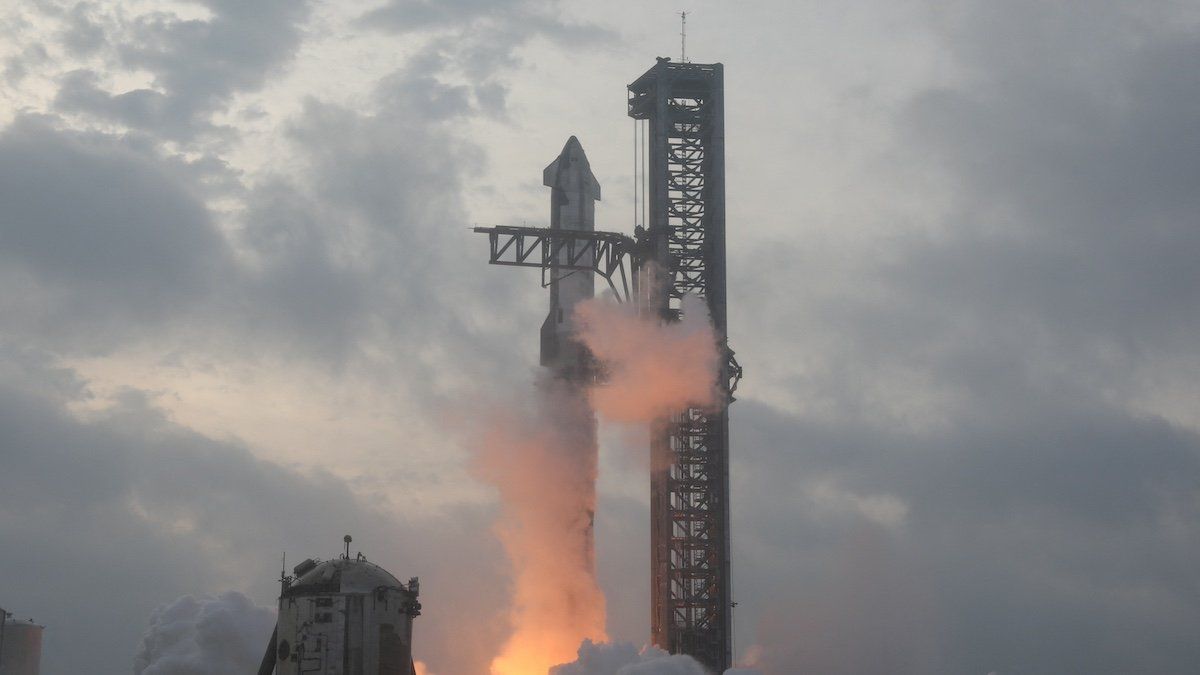3: SpaceX
launched the third test flight of the tallest and most powerful rocket ever built, Starship, to mixed success. Designed to one day send astronauts to the moon (and beyond), the third test was the most successful yet, flying farther than any previous launch. The spacecraft was lost during atmospheric reentry.
2: Norway announced that the country intends to meet its NATO defense spending target of 2% this year — two years ahead of schedule — citing a “serious” security situation. Sweden, the alliance’s newest member, says it will do the same. The two Nordic states can now rest assured that at least Donald Trump would protect them from a Russian invasion.
49: A new analysis found the workday for members of UK Prime Minister Rishi Sunak’s parliament is 49 minutes shorter than the 1997-2023 average, clocking in at only seven hours and nine minutes long. With all that extra time on their hands, Kate Middleton should be found in no time.
99: This week, 99% of Somalia’s debt was canceled by the Paris Club — a group of officials from major creditor countries including the United States, Japan, and Russia. Somalia’s information minister, Daud Aweis, called the move a “big milestone in the country’s journey to financial recovery.”
150: The number of UNESCO heritage sites in Germany rose to 150, with six entities being added this week. Notably, an Intangible Cultural Heritage
designation was given to Berlin’s techno scene for its contribution to German culture. Oonts Oonts.
